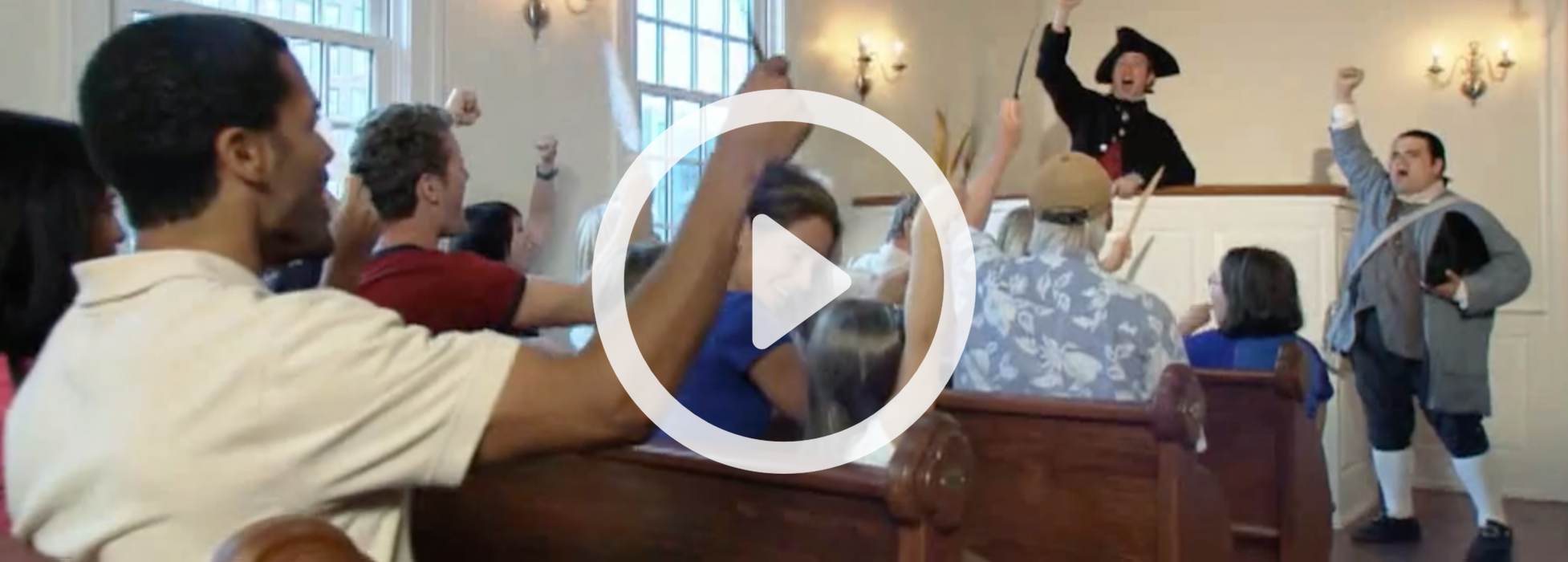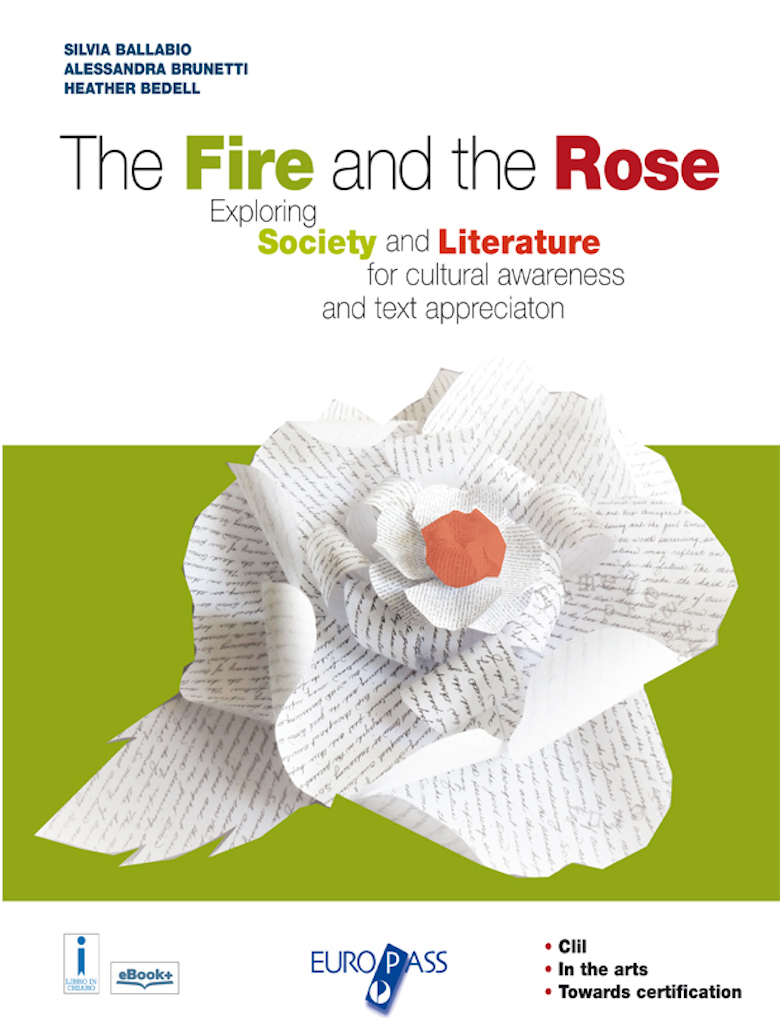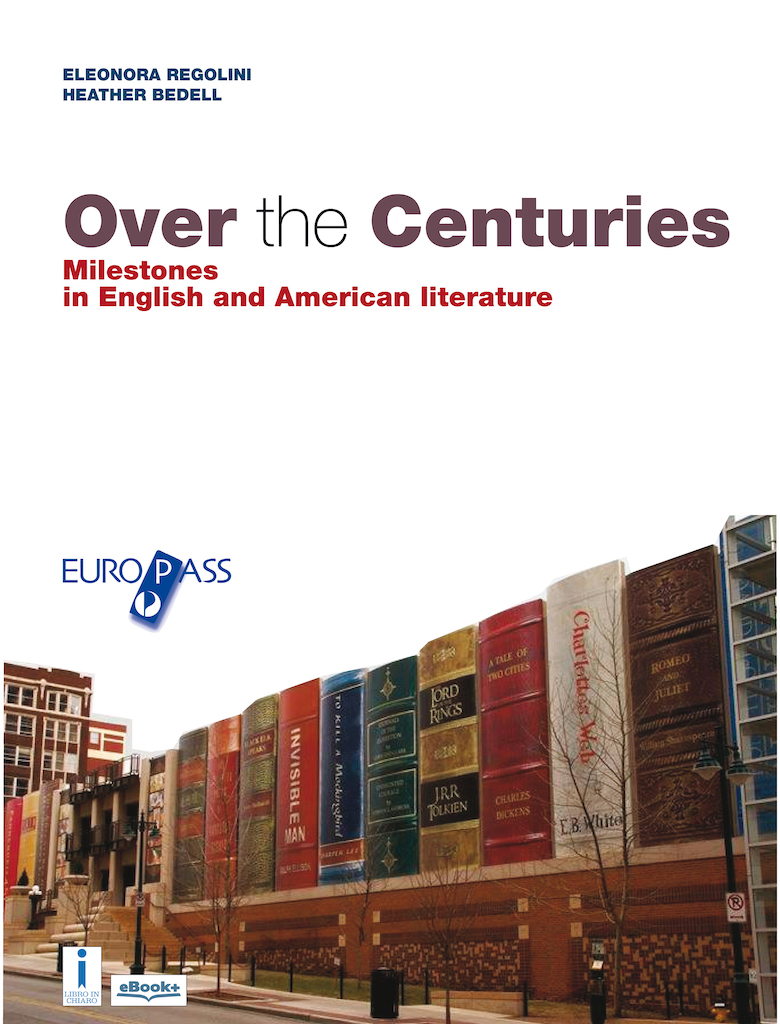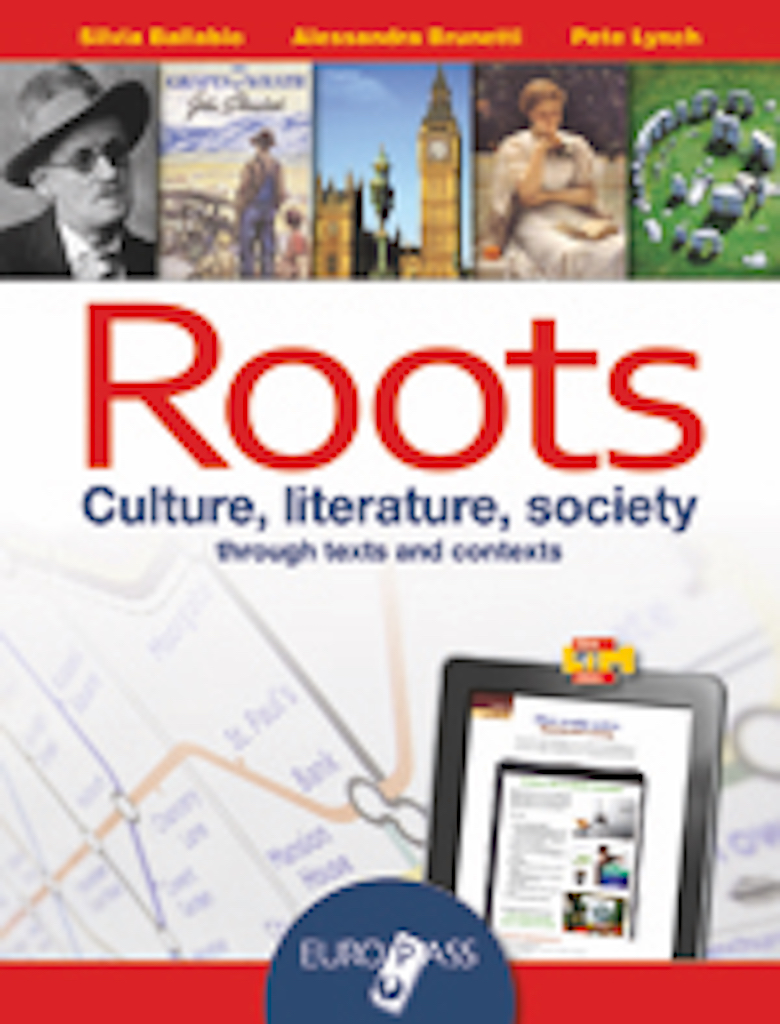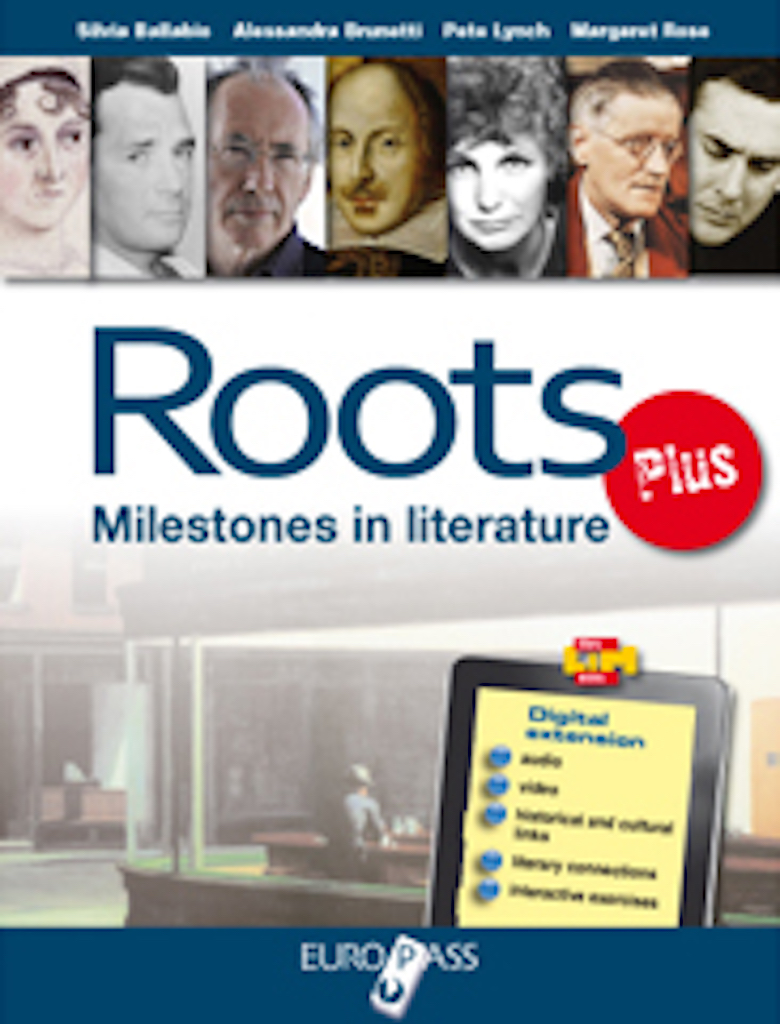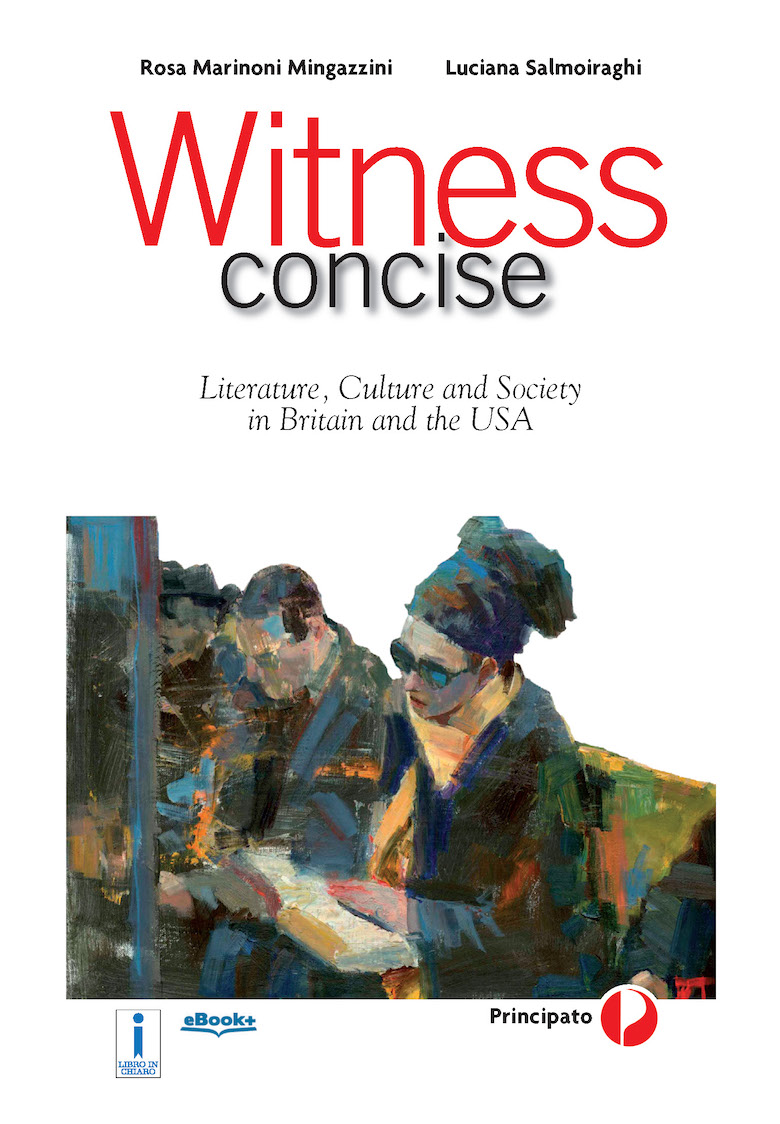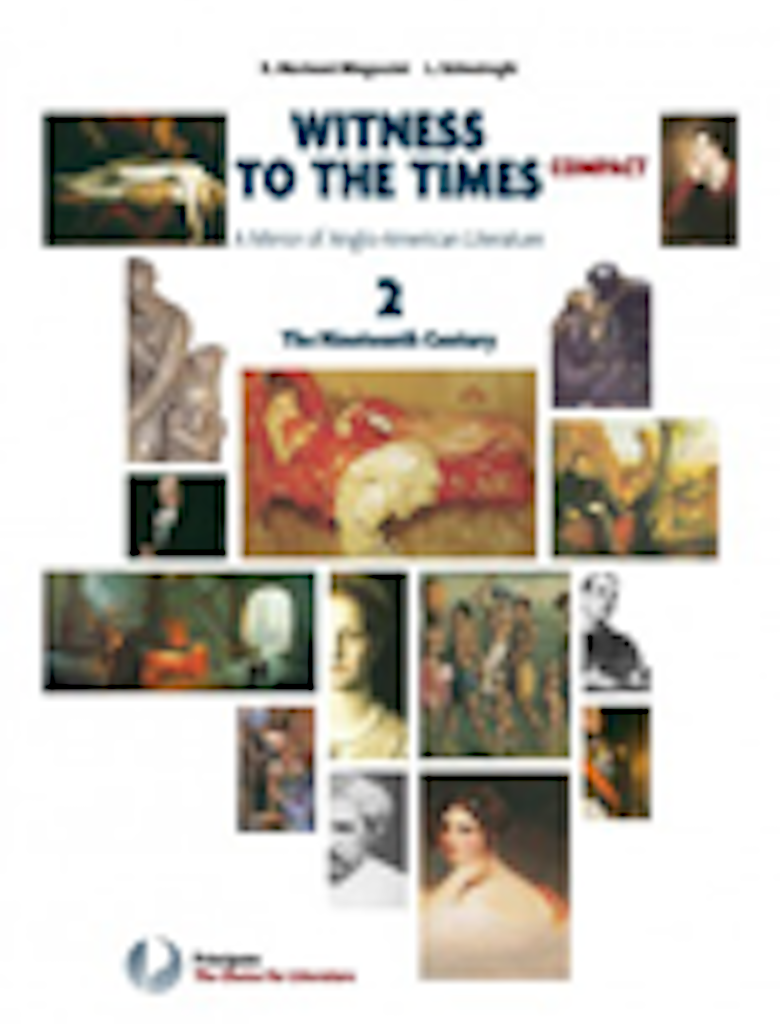The Boston Tea Party, December 16, 1773. An Introduction
-
1 Marzo 2019
- Postato da: Redazione Europass
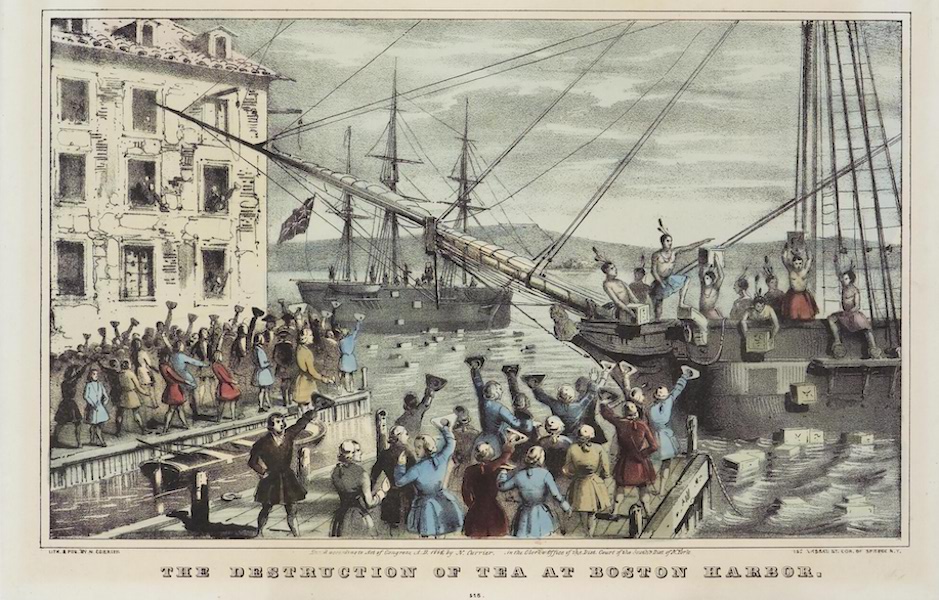
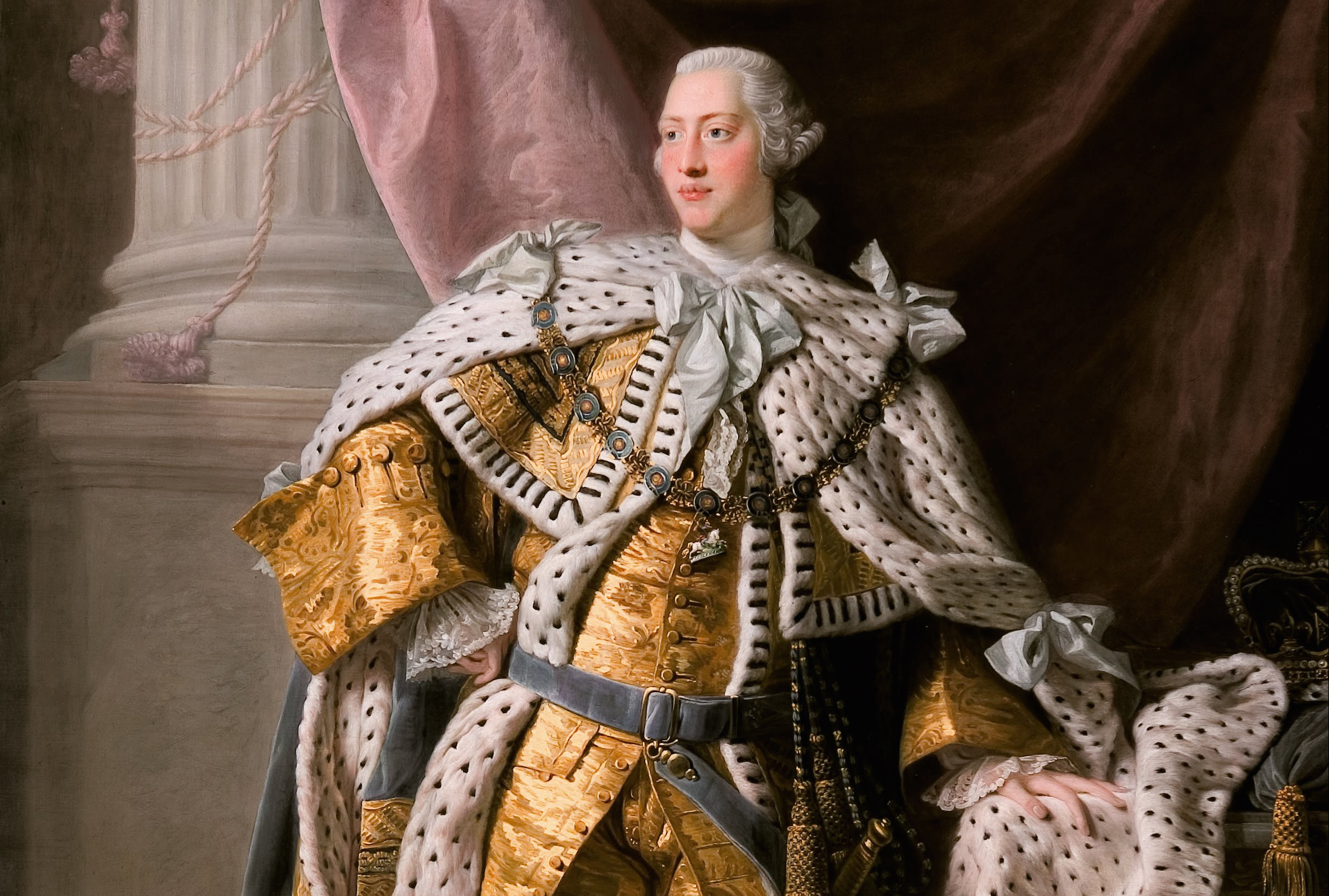
Victory in the French and Indian War was costly for the British. At the war’s conclusion in 1763, King George III and his government looked to taxing the American colonies as a way of recouping their war costs. They were also looking for ways to reestablish control over the colonial governments that had become increasingly independent while the Crown was distracted by the war. Royal ineptitude compounded the problem.
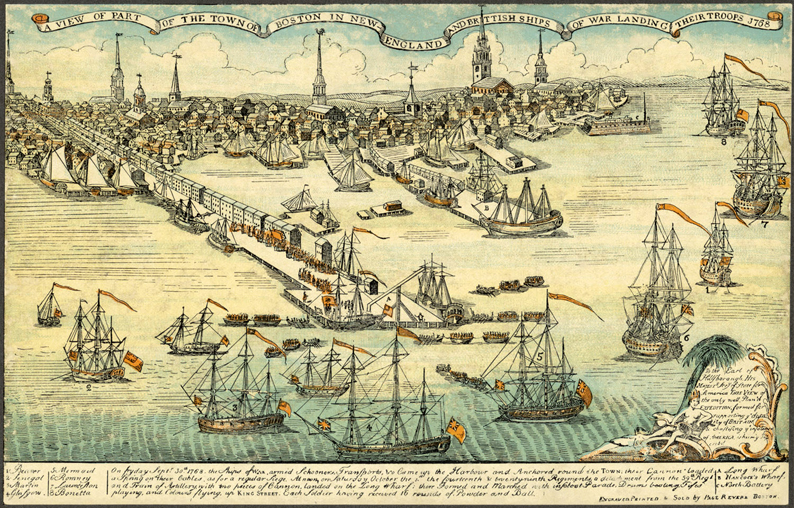
A series of actions including the Stamp Act (1765), the Townsend Acts (1767) and the Boston Massacre (1770) agitated the colonists, straining relations with the mother country. But it was the Crown’s attempt to tax tea that spurred the colonists to action and laid the groundwork for the American Revolution.
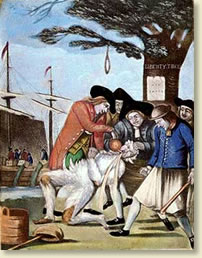
A depiction of the tarring and feathering of Commissioner of Customs John Malcolm, by five Patriots on 5 January 1774 in Boston, Massachusetts. Tea is also being poured into Malcolm’s mouth. The print shows the Boston Tea Party occurring in the background, though that incident had in fact taken place four weeks earlier.
The colonies refused to pay the levies required by the Townsend Acts claiming they had no obligation to pay taxes imposed by a Parliament in which they had no representation. In response, Parliament retracted the taxes with the exception of a duty on tea – a demonstration of Parliament’s ability and right to tax the colonies.
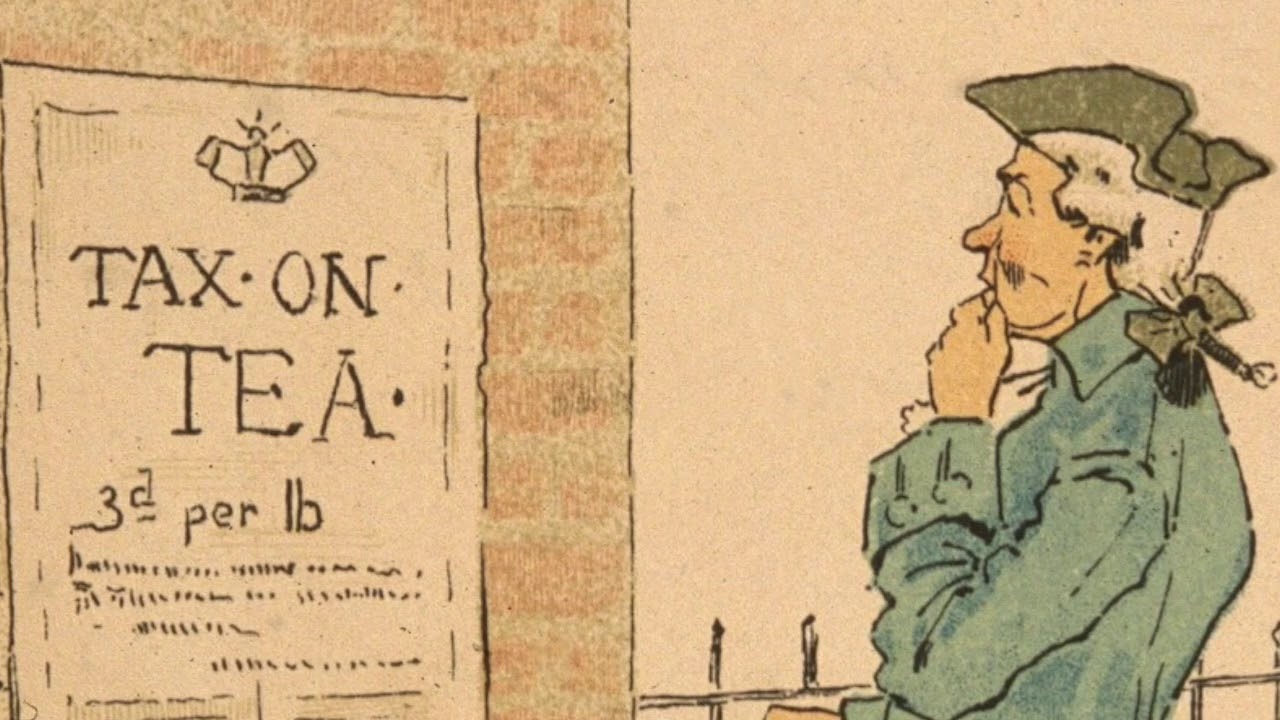
In May of 1773 Parliament concocted a clever plan. They gave the struggling East India Company a monopoly on the importation of tea to America. Additionally, Parliament reduced the duty the colonies would have to pay for the imported tea. The Americans would now get their tea at a cheaper price than ever before. However, if the colonies paid the duty tax on the imported tea they would be acknowledging Parliament’s right to tax them. Tea was a staple of colonial life – it was assumed that the colonists would rather pay the tax than deny themselves the pleasure of a cup of tea.
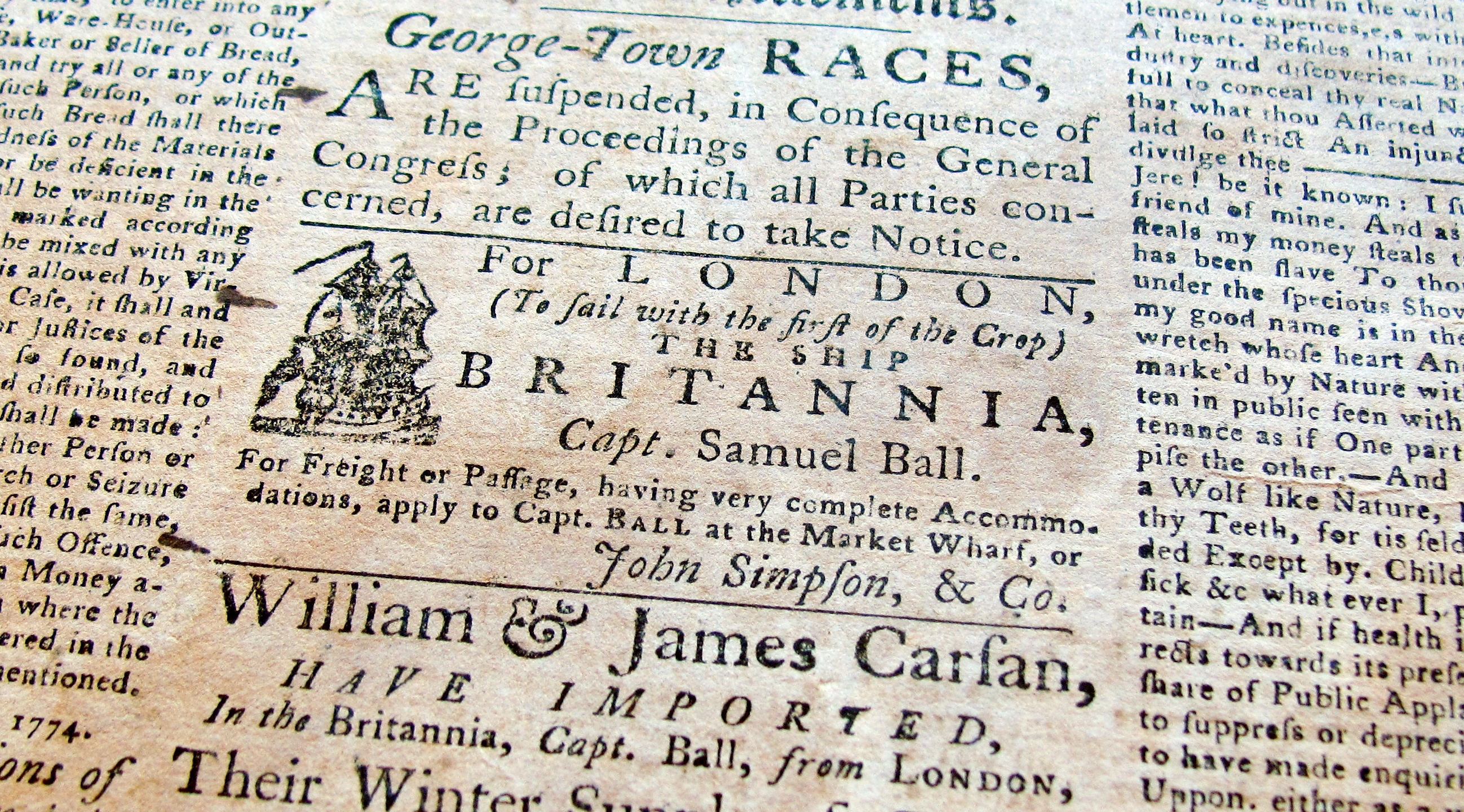
The colonists were not fooled by Parliament’s ploy. When the East India Company sent shipments of tea to Philadelphia and New York the ships were not allowed to land. In Charleston the tea-laden ships were permitted to dock but their cargo was consigned to a warehouse where it remained for three years until it was sold by patriots in order to help finance the revolution.
[Continue reading: The Boston Tea Party 1773 @ Eyewitnesstohistory.com ]
The Beginnings: Patriots alert the population about the arrival of tea
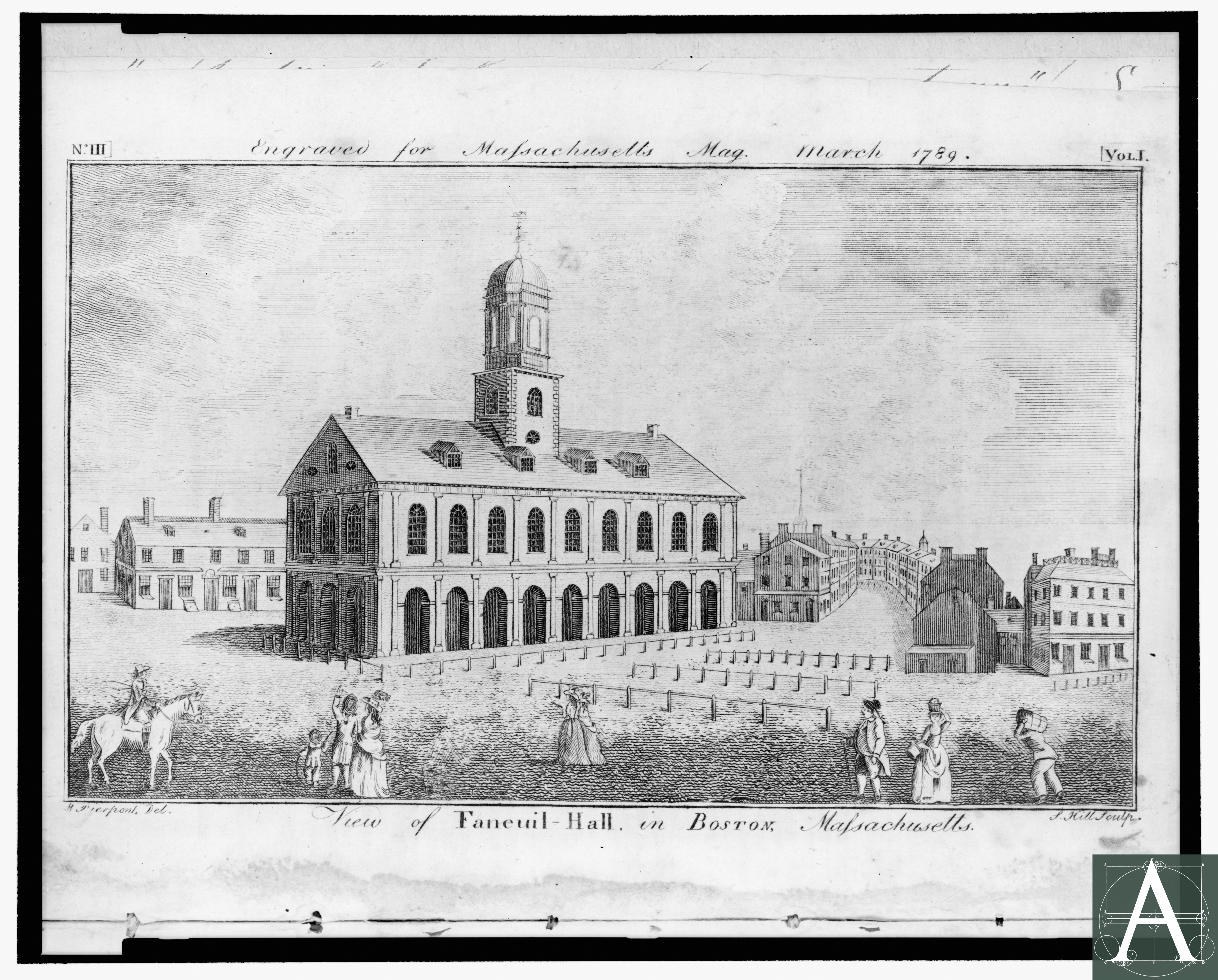
On Monday morning, the 29th of November, 1773, a handbill was posted all over Boston, containing the following words: “Friends! Brethren! Countrymen!—That worst of plagues, the detested tea, shipped for this port by the East India Company, is now arrived in the harbor; the hour of destruction, or manly opposition to the machinations of tyranny, stares you in the face. Every friend to his country, to himself and to posterity, is now called upon to meet at Faneuil Hall, at nine o’clock THIS DAY (at which time the bells will ring), to make united and successful resistance to this last, worst, and most destructive measure of administration.”
[Continue reading: The Full Description of the Events @ Boston Tea Party Historical Society]
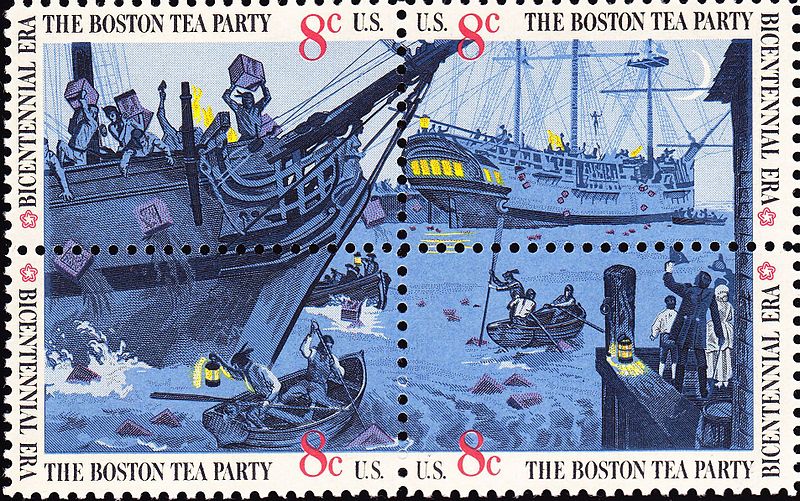
The Boston Tea Party: A Revolutionary Experience
At the Boston Tea Party Ships & Museum you can be a part of the famous event that forever changed the course of American history! Historical interpreters, interactive exhibits, full-scale restored 18th Century sailing vessels, historic artifacts, and the award-winning multi-sensory documentary “Let It Begin Here” are just a taste of what you will experience during your visit.
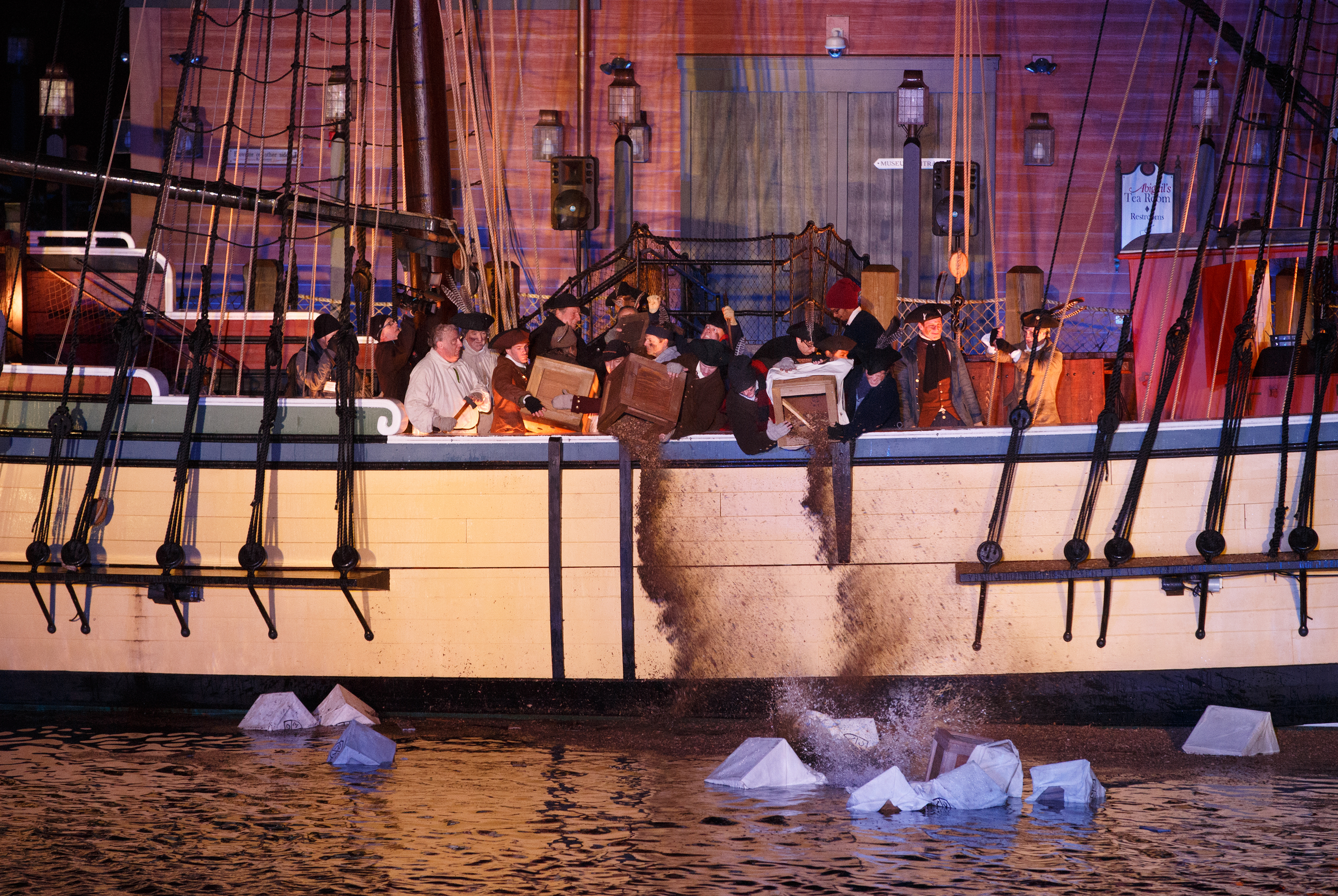
[Visit the Boston Tea Party Museum site]
LINK UTILI

